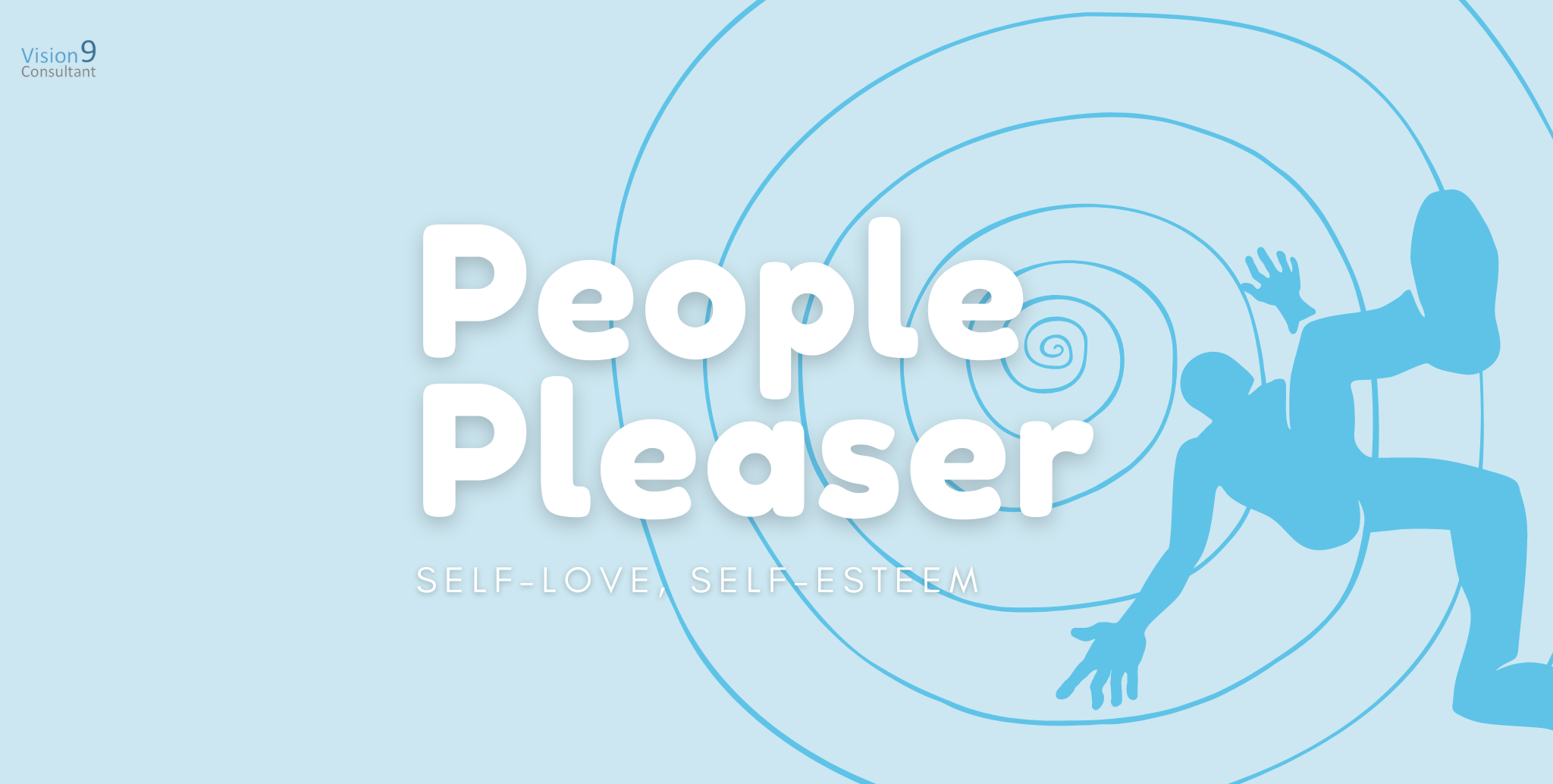The term “People Pleaser” refers to an individual who strives to satisfy everyone or seeks to please others, even at the cost of personal well-being. This inclination can progress to a state where one becomes amenable to anything, a condition recognized within the medical field as a symptom of mental illness. Individuals exhibiting this personality trait or habit often pose a significant danger and exert a profoundly adverse impact on their mental health.
While the innate human desire for acceptance and love is universal, People Pleasers go to extraordinary lengths, jeopardizing their own happiness, comfort, and aspirations to appease others. Instances include assuming the role of the designated carrier during shopping trips or consistently making lunch reservations despite pending personal tasks. The root cause of this behavior typically lies in an inability to decline requests due to a strong sense of ‘consideration’ and the fear of disappointing others. This recurrent pattern can manifest as a condition commonly known as ‘People-Pleaser.’
If upon reading this, you recognize behaviors aligning with the aforementioned description, it is essential to acknowledge that such inclinations are often propelled by a neurotic need and desire, exerting adverse effects on health, cognitive processes, and personality. Chronic exposure to stress, suffering, and depression may result. To mitigate these effects, it is imperative to initiate a behavioral shift, recognize the symptoms of People-Pleaser tendencies, and commit to breaking the habit of indiscriminate consideration. Let us embark on a journey of self-love, fostering higher self-esteem.
Who is People Pleaser?

A People Pleaser is an individual who constantly seeks to please others, often prioritizing the fulfillment of other people’s desires over their own. While the innate desire to be loved and accepted is a universal aspect of human nature, People Pleasers take this to an extreme, sacrificing their own happiness in the pursuit of external validation, praise, and a sense of importance. While the desire for societal acceptance is a fundamental aspect of humanity, the People Pleaser goes beyond the norm, engaging in behaviors that can be detrimental to their own well-being. Striking a balance between fulfilling personal desires and seeking social acceptance is crucial for maintaining a healthy and fulfilling life.
Signs that you are a ‘people pleaser’
To identify whether you are a good person who enjoys helping others or if you are veering towards becoming a people pleaser, there are certain signs to observe. If your desire to please others is genuinely about assisting them and stems from your inherent nature, that’s one thing. However, it’s crucial to be aware that deep down, you might unintentionally be allowing others to take advantage of you.
Let’s explore some early signs that you are transitioning into a ‘people-pleaser.’ What defines people-pleasers?
- Indecisiveness becomes a characteristic trait, making it challenging for you to make decisions while consistently attending to the needs of others.
- Saying ‘no’ becomes difficult, and you find yourself unable to decline requests from others.
- Apologizing frequently, even when you’re not at fault, becomes a habitual behavior.
- You readily adapt your personality based on the people around you, aiming to be perceived as similar to them.
- In relationships, you may start feeling inferior to others.
This revision clarifies the structure and flow of the content while addressing grammar issues.
Disadvantages of Being a People Pleaser
- Depression may set in when you find yourself repeatedly trying to please everyone. Accumulating stress often goes unnoticed, and the constant pressure and self-compulsion can lead to increased irritability, agitation, and eventually, emotional outbursts.
- Losing your sense of self and autonomy, succumbing to decisions influenced by others, or adopting a false identity (False Boundary) can result in a diminished perception of your true value and identity.
- Lack of respect from others (Lack of Respect) may manifest in your relationships if you frequently feel inferior to others. This can lead to a loss of personal rights and voice, as you continuously prioritize the needs of others, making you vulnerable to exploitation.
- Without establishing clear boundaries (No Boundary), you become someone who finds it challenging to say no, driven by excessive consideration for others.
- Involvement in toxic, dependent relationships where you ‘cling’ to others may lead to an imbalance, with you giving too much and receiving too little.
Considering the outlined disadvantages, the next question arises: Do you want to break free from the People Pleaser behavior or habit? Can the tendency to excessively accommodate others be stopped? The answer is affirmative, but achieving this requires taking specific steps.
Overcoming the People Pleaser habit of accepting anything.

Recognizing and acknowledging that you are a People-Pleaser marks the optimal starting point. Understanding your own personality is key, making it significantly easier to address the issue. All the fatigue and reluctance you’ve endured, forcing yourself to accept everything, will dissipate. Now is the moment to wholeheartedly embrace self-love. The crucial step is to begin saying no to others and prioritizing your own needs whenever possible.
Seeing a therapist is not uncommon
When you feel the need to talk and overcome depression (depress & stress) or alleviate symptoms of People-Pleaser tendencies, seeking the guidance of a therapist or psychotherapy coach can be a valuable solution. The decision to engage in psychotherapy is not an easy one for many individuals who may experience heightened anxiety, especially if it’s their first time disclosing their concerns to someone. This often results in heightened sensitivity. Professionals in this field can assist you in understanding and addressing these habits, facilitating a smoother transition to a healthier state.
Establish healthy boundaries for yourself
While being kind is commendable, excessive kindness can lead to problems. It’s beneficial to cultivate the ability to say ‘no’ when necessary. If the fear of disappointing others hinders you from refusing outright, consider simple strategies. For instance, ask for time to make a decision rather than rejecting immediately. This approach allows both parties to avoid negative feelings. Another effective option is expressing a straightforward “no” if that aligns with your honest assessment. Honesty in denial is a straightforward and consistently effective approach.
(According to Professor Marketing Researcher Interested in Psychology Vanessa M. Patrick and Henrik Hagtvedt)
Prioritize self-love, release, and move forward
It commences with honoring your own decisions, recognizing your inherent value, and engaging in positive self-talk. Confront challenges by addressing concerns directly with others. Acknowledge that it’s impossible to cater to everyone’s needs. Refusing signifies that the requested task exceeds your capacity, and there is no need for subsequent guilt. Release any lingering attachment and redirect your focus inward.
Ultimately, remind yourself daily that it’s impossible to please everyone due to the diverse range of needs individuals have. If we aim to accommodate everyone, we risk losing our own identity and life. Cultivate the habit of self-love, dedicate time to personal pursuits, and you’ll find that your capacity to care for others remains steadfast without causing fatigue.

